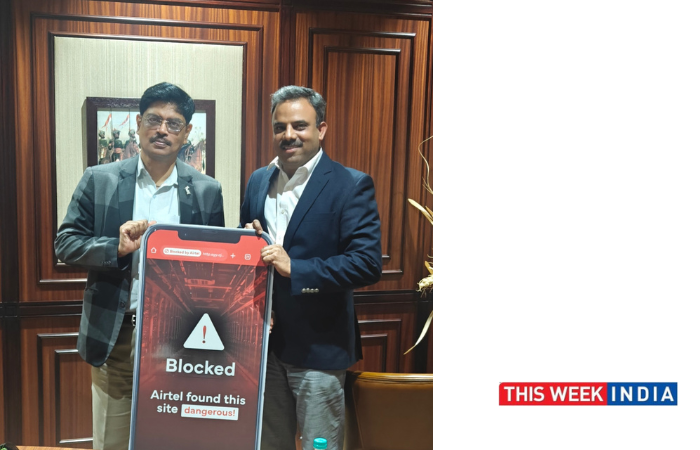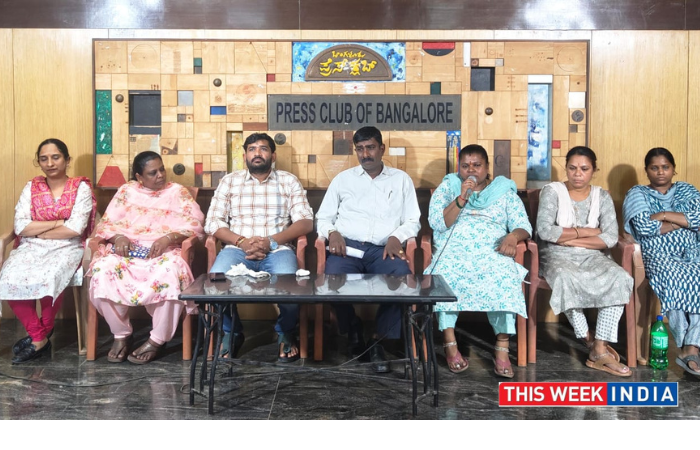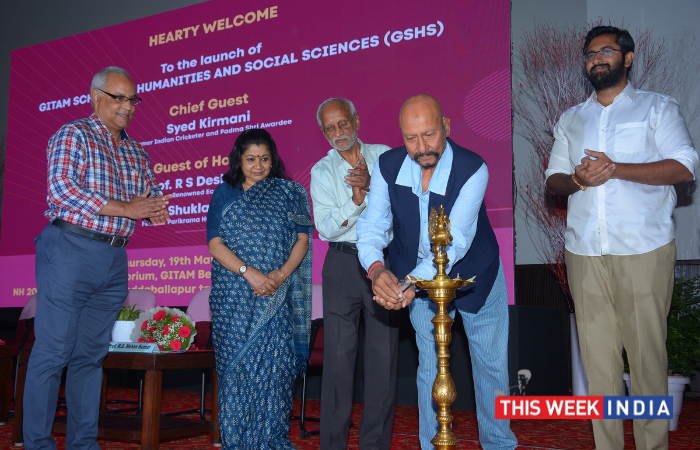Tuebingen, Germany – April 18, 2024. The DKMS Stiftung Leben Spenden honored Professor Dr. Robert Zeiser, a world leader in allogeneic stem cell transplantation, with the 2024 DKMS Mechtild Harf Science Award. This award recognizes the lifelong achievements of distinguished physicians and scientists who have made significant contributions to stem cell transplantation and cellular therapy.
Professor Zeiser’s Research Saves Lives
Praising Dr. Zeiser’s work, Professor Dr. Katharina Fleischhauer, a DKMS Medical Council member, highlighted his groundbreaking research on Graft-versus-Host Disease (GvHD), a life-threatening complication following stem cell transplants. Dr. Zeiser’s findings have led to new treatment approaches that are significantly improving patient outcomes. His research on controlling disease relapse after transplantation is equally impactful.
Award Ceremony Recognizes Young Talent
The DKMS Mechtild Harf Science Award ceremony, held during the annual EBMT (European Society for Blood and Marrow Transplantation) meeting in Glasgow, also recognized four outstanding young scientists with the prestigious DKMS John Hansen Research Grant 2024. These grants support promising research in blood cancer therapy.
Dr. Zeiser’s Work Improves GvHD Treatment
“Professor Zeiser is a globally renowned leader in allogeneic stem cell transplantation,” said Prof. Fleischhauer. “His research has profoundly improved our understanding of GvHD mechanisms. The new therapeutic approaches based on his findings are a prime example of how fundamental research can directly benefit patient care.”
New Hope for GvHD Patients
For many leukemia patients, an allogeneic stem cell transplant offers the only chance for a cure. However, this treatment carries the risk of GvHD, where donor immune system cells attack the recipient’s body. Previously, there were limited treatment options for severe GvHD. Dr. Zeiser’s research identified a drug from the Janus kinase inhibitor family that effectively combats the inflammatory response in GvHD. This discovery led to the approval of Ruxolitinib for treating acute and steroid-resistant GvHD.
Ongoing Research Focuses on Preventing Complications
Dr. Zeiser’s team is continuing their research to further understand GvHD. Their findings suggest that the immune reaction often starts in the gut, where the intestinal barrier weakens. “Our research indicates that leukemia cells can manipulate immune cell function using lactic acid,” explained Dr. Zeiser. “By understanding these processes, we hope to develop new, targeted therapies to prevent severe complications after stem cell transplants.” Dr. Zeiser also holds leadership positions in the Collaborative Research Centre 1479 OncoEscape and the Cluster of Excellence CIBSS (Centre for Integrative Biological Signalling Studies).
Investing in the Future of Blood Cancer Treatment
The DKMS John Hansen Research Grants acknowledge the importance of supporting young scientific talent. This year’s grant recipients, Livius Penter (Germany), Tobias Wertheimer (Germany), Senthil Bhoopalan (USA), and Nicoletta Cieri (USA), are all conducting groundbreaking research in blood cancer therapy. Their projects focus on early relapse detection, GvHD prognosis tools, cellular interactions between immune and leukemia cells, and rare diseases like Diamond-Blackfan anemia (DBA). “We firmly believe that supporting young medical and scientific minds is a crucial investment in the future of blood cancer treatment,” emphasized Professor Dr. Marcel van den Brink, Chairman of the DKMS Medical Advisory Board. The DKMS John Hansen Research Grant awards up to four grants annually, providing each recipient with €240,000 over three years.









